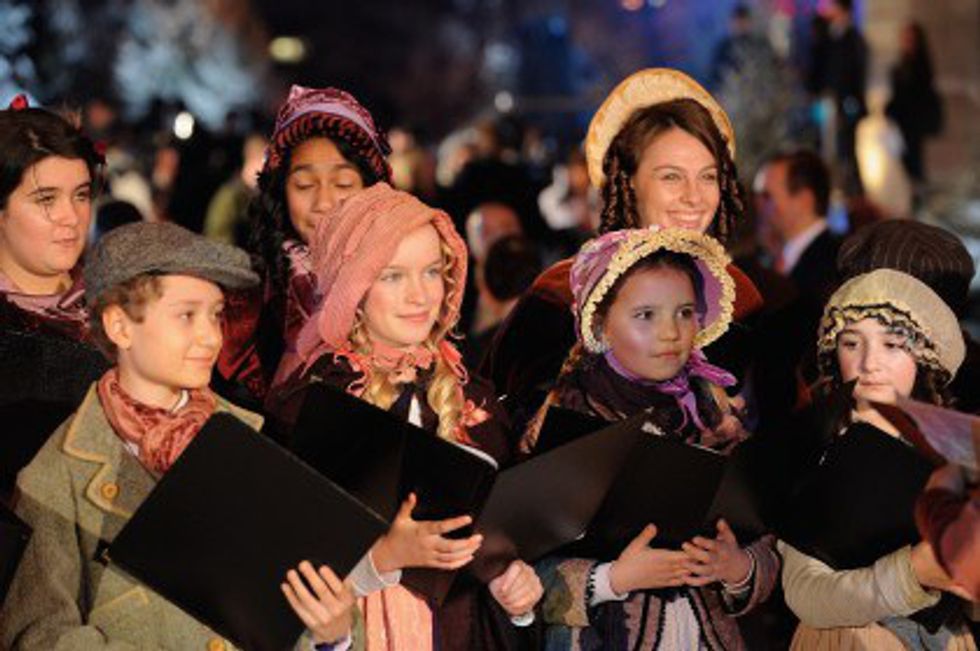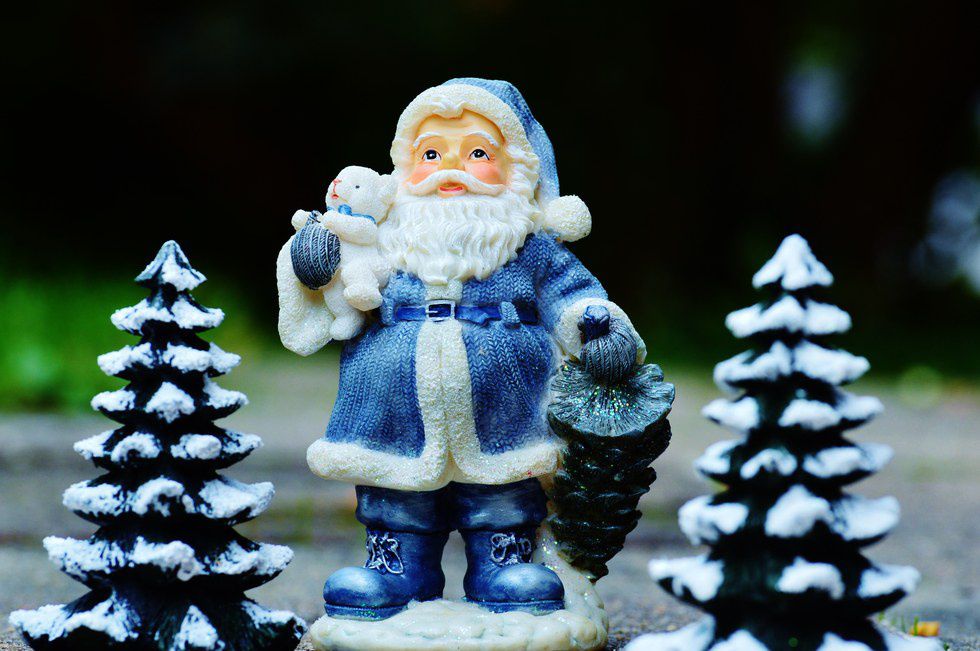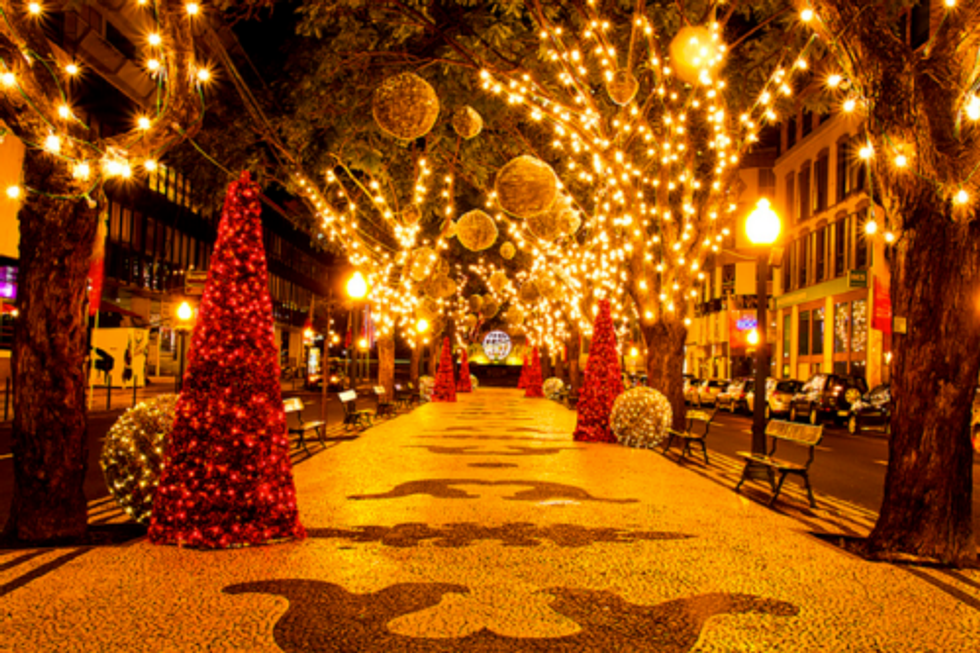It is no surprise that pagans have influenced traditions of widely celebrated holidays, such as Halloween. But, in addition, pagans have also left their mark on famously celebrated Christmas traditions. The pagan impact on Halloween isn't as shocking, since Halloween doesn't have as much of a religious aspect to it, as Christmas does. But pagan influences on Christmas are surprising to me, because Christians, and the Bible, often demonize Pagans. What people most associate with Christmas celebrations and traditions, wouldn't be the same without these influences by Paganism.
Christmas Caroling
As Christmas season begins, one might see Christmas carolers singing popular and jolly Holiday songs around town. This tradition began with "wassailing". Wassailing was a pagan tradition that included people who went from door to door, singing and drinking to the health of their neighbors. This also dates back to pre-Christian fertility rites, where villagers traveled through fields and orchards in the middle of winter, singing and shouting to drive away any spirits that might inhibit the growth of future crops. Part of this was pouring wine and cider on the ground to promote fertility in the crops. Eventually, this evolved in to modern day Christmas caroling.
Santa Claus
The modern day Santa Claus originated from several sources, but one prominent myth is of "Norse Odin". Norse Odin was a major deity among early Germanic tribes. Numerous similarities exist between some of Odin's characteristics and what makes up the modern day Santa Claus. Odin was often depicted as leading a hunting party through the skies, where he rode his eight-legged horse, Sleipnir. On the German holiday called "Yule", Odin rides through the sky to celebrate. On Yule, some children place their boots near the chimney filled with items for Sleipnir, and Odin would reward them for their kindness with food, candy or gifts. This is just one of the many pagan mythological figures that laid way to the development of Santa Claus. There are other Ancient pagan deities such as: Befana (a Roman goddess who gives gifts), the Holly King (a Celtic Winter god), and Thor and Tomte (Norse gods who rode across the sky in a chariots and gave presents to children at the end of the year) have all impacted the legend of Santa Claus.
Christmas Trees and Hanging Ornaments

Presents and Gift Giving

Holly and Ivy
Holly and Ivy are often the plants that are associated with Christmas. They are most famously recognized in the Christmas carol, "Deck the Halls", where the lyric says: "Deck the halls with boughs of holly...". But holly and ivy are more than just song lyrics and embellishments to the home for the holiday season. The use of these plants date back to the ancient pagans, such as the Romans who celebrated Saturnalia. They were eventually adapted and used by Christians, which explains the lyric in the iconic carol and the modern associations.
The Date of Dec. 25
Nothing in the Bible suggests that Jesus was born in the Winter, and for centuries Christians didn't celebrate the birth of Jesus. Christmas is celebrated on December 25 because that date coincided with a whole host of pagan festivals happening around that time of year. The old Roman Empire celebrated holidays throughout mid-Winter and early January. These holidays include Saturnalia, but there was also the celebration of Kalendae in January, which had: merry making, feasting, and the exchange of gifts. Other groups also celebrated the “Winter Solstice” from December 21-26, as well. Northern Europeans celebrated Yule. Yule's name has different interpretations, including “wheel” (as in the wheel of the year, or perhaps “sacrifice” or “feast,” all worthy reasons for celebration). Yule was celebrated at the start of Winter with feasting, drinking, and merry-making.

























